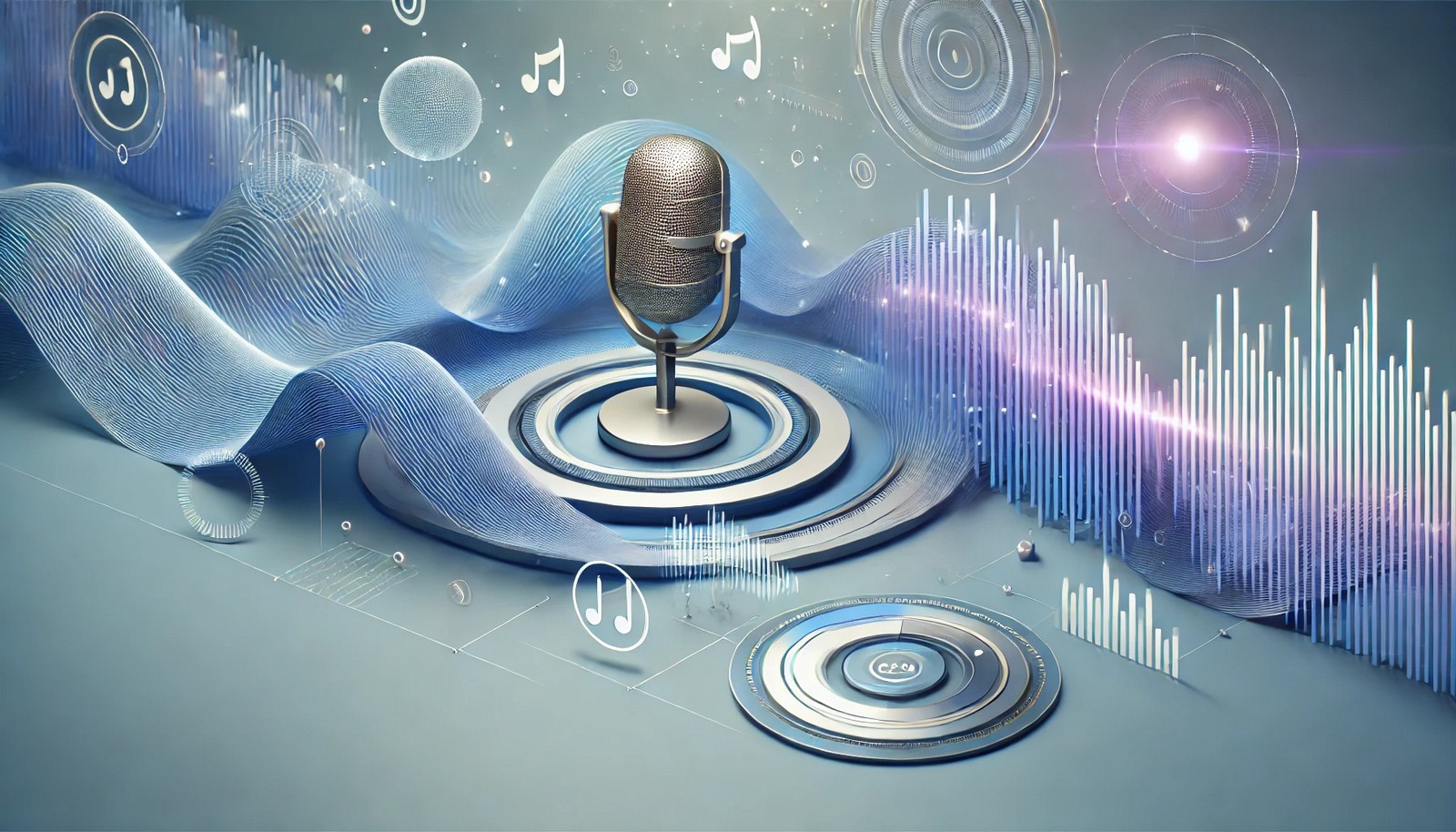AI Voice Conversion

Quick Navigation:
- Voice Conversion Definition
- Voice Conversion Explained Easy
- Voice Conversion Origin
- Voice Conversion Etymology
- Voice Conversion Usage Trends
- Voice Conversion Usage
- Voice Conversion Examples in Context
- Voice Conversion FAQ
- Voice Conversion Related Words
Voice Conversion Definition
Voice Conversion is a technology that modifies one person's voice to resemble another’s, maintaining content while changing pitch, tone, or accent. This involves extracting features of the original voice, then using AI to alter its characteristics to match a target voice, commonly through deep learning models such as GANs (Generative Adversarial Networks) or VAEs (Variational Autoencoders).
Voice Conversion Explained Easy
Imagine you have a magic microphone that lets you sound like anyone else. Voice Conversion is like that! It takes your voice and changes it to match someone else's voice by tweaking the sound to be higher, lower, faster, or slower, but still saying the same words.
Voice Conversion Origin
Voice Conversion began as research in speech synthesis in the early 2000s, evolving alongside advancements in AI and computational power. It gained traction with the development of machine learning techniques that allowed for better feature extraction and voice manipulation.
Voice Conversion Etymology
The term "Voice Conversion" combines “voice,” meaning sound produced by a person, and “conversion,” meaning the process of changing from one form to another.
Voice Conversion Usage Trends
The popularity of voice conversion has surged recently due to its applications in dubbing, virtual assistants, and personalized user experiences. The trend is strongly supported by AI research, especially with the rise of deepfake technologies and generative audio.
Voice Conversion Usage
- Formal/Technical Tagging:
- Speech Synthesis
- Machine Learning
- Artificial Intelligence - Typical Collocations:
- "real-time voice conversion"
- "voice conversion software"
- "AI-driven voice transformation"
Voice Conversion Examples in Context
- A voice conversion system can modify the sound of a narrator's voice in audiobooks to match different characters.
- With voice conversion, virtual assistants can speak in a range of regional accents to match user preferences.
- In customer service, voice conversion can help automate responses while making them sound more human and personalized.
Voice Conversion FAQ
- What is voice conversion?
Voice conversion is a technique that changes one person’s voice to sound like another while retaining the spoken content. - How does voice conversion work?
It works by analyzing features of the original voice and then reconfiguring them to match a target voice using AI models. - Is voice conversion safe to use?
When applied ethically, it can be safe and beneficial; however, misuse in identity fraud is a risk. - Where is voice conversion commonly used?
It’s used in entertainment, virtual assistants, accessibility tools, and security applications. - Can anyone’s voice be converted?
Yes, with sufficient voice samples, most voices can be modified to sound like another voice. - Does voice conversion require training data?
Yes, it often requires voice samples for both the source and target voices to produce accurate conversions. - Is real-time voice conversion possible?
Yes, advancements in technology allow real-time voice conversion, often used in streaming and live performances. - What models are typically used in voice conversion?
Common models include GANs, VAEs, and other deep learning models designed for speech processing. - Can voice conversion create synthetic voices?
Yes, it can create realistic synthetic voices, which are often used in dubbing and AI-generated characters. - Is voice conversion legal?
Legal usage varies by country, but generally, it is allowed if used ethically and with permission.
Voice Conversion Related Words
- Categories/Topics:
- Artificial Intelligence
- Speech Processing
- Generative Audio
Did you know?
Voice conversion technology played a pivotal role in the entertainment industry when it allowed actors to "mimic" voices in real-time without vocal training. For instance, AI was used to recreate specific accents or dialects in films and games, offering an innovative edge in character portrayal.
PicDictionary.com is an online dictionary in pictures. If you have questions or suggestions, please reach out to us on WhatsApp or Twitter.Authors | Arjun Vishnu | @ArjunAndVishnu

I am Vishnu. I like AI, Linux, Single Board Computers, and Cloud Computing. I create the web & video content, and I also write for popular websites.
My younger brother, Arjun handles image & video editing. Together, we run a YouTube Channel that's focused on reviewing gadgets and explaining technology.



Comments powered by CComment